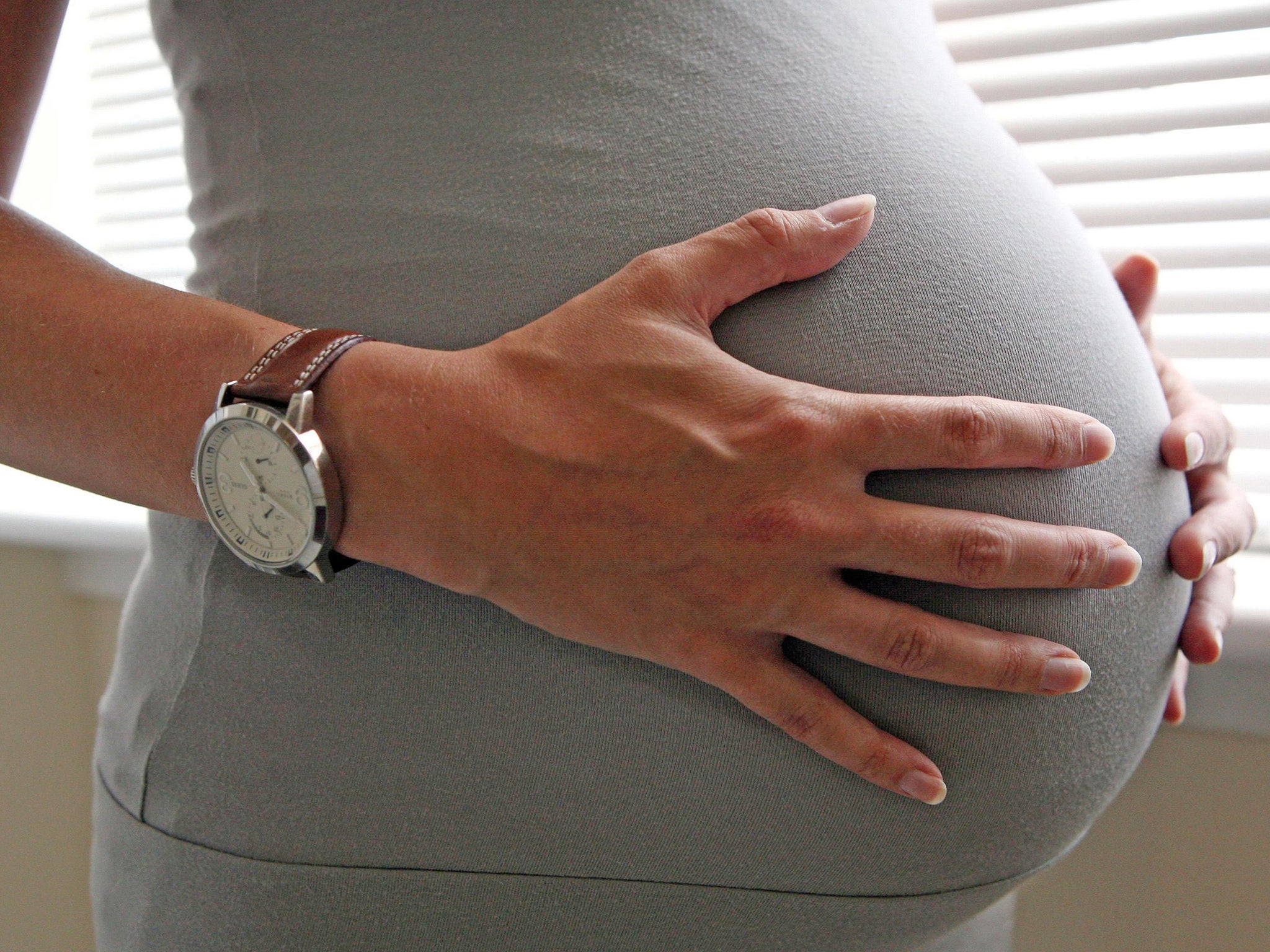Babies can understand the difference between two languages while in the womb, scientists find
Foetuses' heart rates change when they hear a language they are unfamiliar with

Your support helps us to tell the story
From reproductive rights to climate change to Big Tech, The Independent is on the ground when the story is developing. Whether it's investigating the financials of Elon Musk's pro-Trump PAC or producing our latest documentary, 'The A Word', which shines a light on the American women fighting for reproductive rights, we know how important it is to parse out the facts from the messaging.
At such a critical moment in US history, we need reporters on the ground. Your donation allows us to keep sending journalists to speak to both sides of the story.
The Independent is trusted by Americans across the entire political spectrum. And unlike many other quality news outlets, we choose not to lock Americans out of our reporting and analysis with paywalls. We believe quality journalism should be available to everyone, paid for by those who can afford it.
Your support makes all the difference.Unborn babies are able to recognise the difference between two languages, scientists have found.
Foetuses are able to distinguish between English and Japanese even a month before they are born and respond differently to hearing a language they are not familiar with.
The study, published in the journal NeuroReport, was conducted by a team at the University of Kansas, and used a sample of 24 pregnant women in the US.
It tested whether foetuses responded differently to the rhythm of a language that was new to them. English and Japanese have very different rhythms; English is spoken in bursts while Japanese has a more regular tempo.
Researchers played an audio clip in Japanese followed by one in English, both read by the same person, and used magnetic imaging to measure the foetus’s heart rate.
They found that the unborn babies’ heart rates changed when they heard the Japanese language, with which they were unfamiliar, while there was no variation when they heard the clip in English – showing that they recognised a rhythmical difference between the two.
Experts said the finding suggested language development begins before birth and the study could pave the way for further research on the neural abilities of unborn babies.
“These results suggest that language development may indeed start in utero,” said Utako Minai, associate professor of linguistics at the University of Kansas and the lead researcher on the study. “Foetuses are tuning their ears to the language they are going to acquire even before they are born, based on the speech signals available to them in utero.
“Pre-natal sensitivity to the rhythmic properties of language may provide children with one of the very first building blocks in acquiring language.
“We think it is an extremely exciting finding for basic science research on language. We can also see the potential for this finding to apply to other fields.”
Previous studies have shown that newborn babies respond differently to different languages, but this is the first time a similar finding has been made in unborn children using the most accurate technology available.
While one earlier study that used ultrasound reported a similar finding, the University of Kansas project used more advanced imaging technology in a more controlled environment.
Join our commenting forum
Join thought-provoking conversations, follow other Independent readers and see their replies
Comments